There's still a lot of educational work to be done around healthy nutrition for active people. The "no pain, no gain" culture is widespread in our society. This means that the harder the training and the cleaner the diet, the better the results. However, this can be devastating for the female body, both for health and performance. Some routines that are considered healthy can actually be harmful. In the area of nutrition, this primarily involves insufficient nutrient intake. A key reason for this is the societal pressure to conform to a certain body ideal. Athletic women are at increased risk of not consuming enough energy.
"If there's one piece of advice for active women, it's this: Eat more!" Melanie Weilenmann
Melanie Weilenmann is doing this educational work. She offers holistic running coaching and running courses. Her own experience has shown her how limited evidence-based information is on women's health in sports. With the goal of closing this gap, she has created, among other things, a guide that provides an overview of how women's training differs from men's, explains how exercise works, and offers advice on what women should pay attention to at each stage of life.
Nutrition is by no means the only, but an important, part of the guide. Melanie lists the following points for adequate nutrient intake.
Avoid long fasting periods
Women's hormonal systems are more sensitive to food deprivation than men's. Therefore, it is especially important for women to eat adequately, especially around exercise. The timing of food intake is even more crucial than total calorie intake (Fahrenholtz et al., 2018). Women have a limited window of time to replenish their energy reserves after exercise. It is important to consume a snack rich in carbohydrates and protein within 30 minutes of exercise to support muscle recovery and energy balance (Christ et al., 2024; Sims, 2016).
Intermittent fasting and fasted exercise are also not the best nutritional approaches for women, as they can disrupt hormonal balance. Instead, a regular and balanced diet is important to meet energy needs and provide optimal support for the body (Ross, Moffat, & Smith, 2023; Sims & Yeager, 2022).
Adequate intake of the macronutrients protein, carbohydrates and fat
It is important that active women consume adequate carbohydrates, fat, and protein, especially during menopause. Protein becomes increasingly important with age, as it helps maintain muscle mass and supports metabolism. Carbohydrates are essential for women as they serve as the body's main energy source and supply the brain and muscles with glucose for proper function. Active women especially need plenty of carbohydrates to provide energy for their activities and promote muscle recovery. A low-carbohydrate or calorie-restricted diet can, in turn, lead to a rise in cortisol levels as the body tries to compensate for the lack of energy. This can lead to increased fat storage in the abdominal region. Many women respond by eating even fewer calories and exercising more intensely, which can create a vicious cycle.
Other factors to avoid
Training on an empty stomach: Exercising on an empty stomach puts the body into a state of stress because it doesn't have sufficient energy reserves to cope with the physical activity. This can lead to an increase in cortisol levels as the body attempts to obtain the energy it needs by breaking down muscle and other tissues.
Long periods of fasting between meals: Many women tend to save calories for the evening. This can also put the body under stress. Food intake should be balanced throughout the day. Ideally, half of your total energy intake should be consumed by midday.
Excessive consumption of caffeine, especially on an empty stomach: High caffeine consumption stimulates the release of cortisol, as caffeine acts as a stressor, especially on an empty stomach. Ideally, caffeine should be consumed some time after breakfast, and overall intake should be limited.
Too little carbohydrate intake: Inadequate carbohydrate intake can unstable blood sugar levels and put the body into a state of energy deprivation. This can increase cortisol levels as the body attempts to regulate glucose levels and provide needed energy. The recommended daily intake of carbohydrates varies depending on age, activity level, and individual health needs. In general, women should get about 45-65% of their daily calories from carbohydrates. For an average adult woman, this translates to over 300 grams of carbohydrates per day. Important: With any physical activity, the need for carbohydrates increases.
“Underfueling” – i.e. too little energy intake for training: Inadequate energy intake for exercise can put the body into a state of energy deprivation and stimulate the release of cortisol. During longer and more intense exercise sessions, especially those lasting 60–80 minutes, consuming additional carbohydrates in the form of small snacks, energy gels, or sports drinks can be beneficial to maintain stable blood sugar levels and performance.
If you're interested in purchasing the entire guide, participating in workshops, 1:1 coaching, or further information on women's health in sports, you'll find what you're looking for on Melanie's website. Visiting the website and purchasing the guide is worthwhile not only for runners, but also for all other women who participate in sports, whether amateurs or ambitious athletes.
Purchase the guide: https://www.melanieweilenmann.com/category/all-products
Course offerings: https://www.melanieweilenmann.com/laufkurs-workshops-laufcoaching-winterhur-zuercher-weinland-frauenfeld-andelfingen
Website: https://www.melanieweilenmann.com/
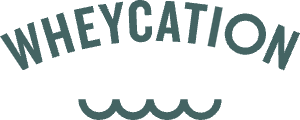

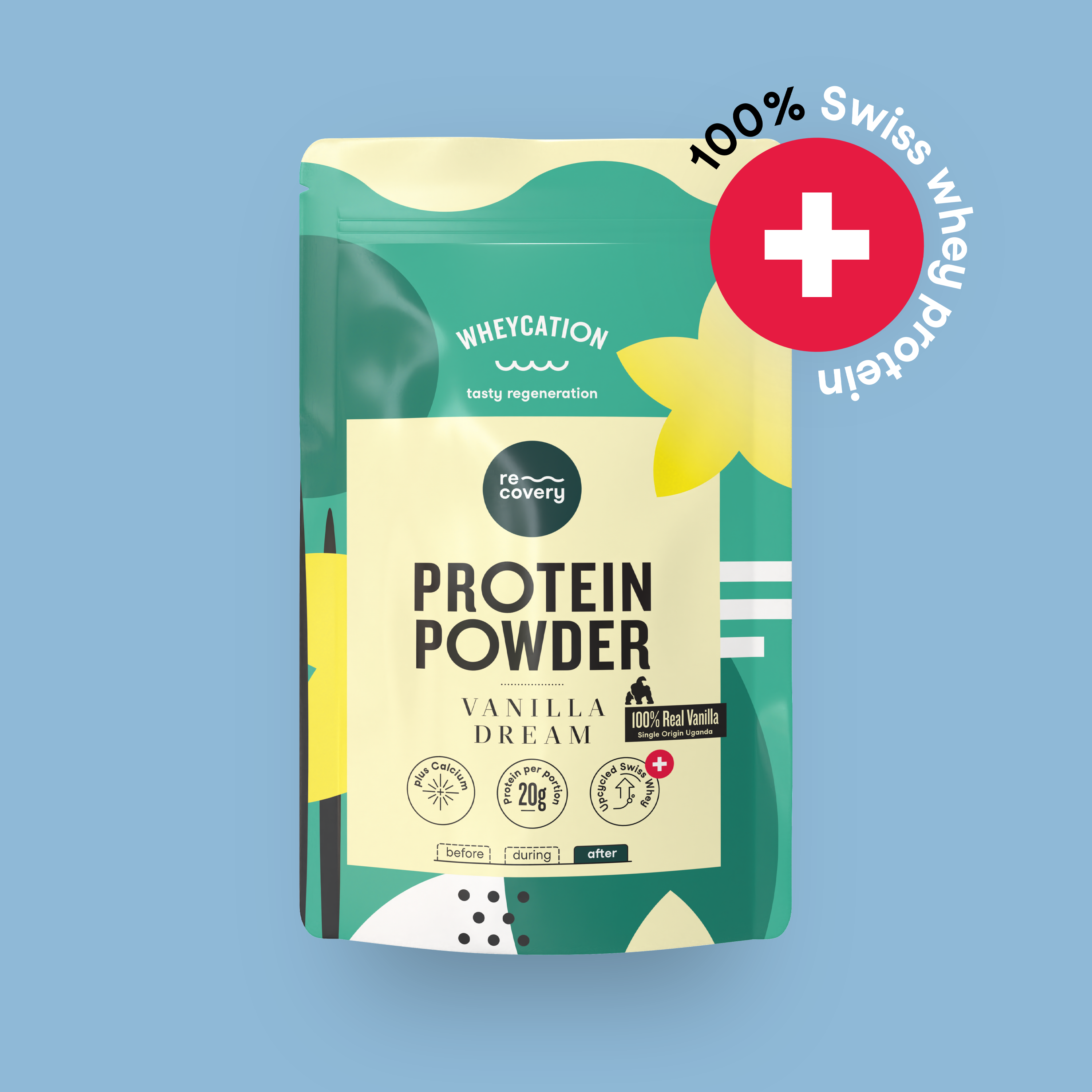

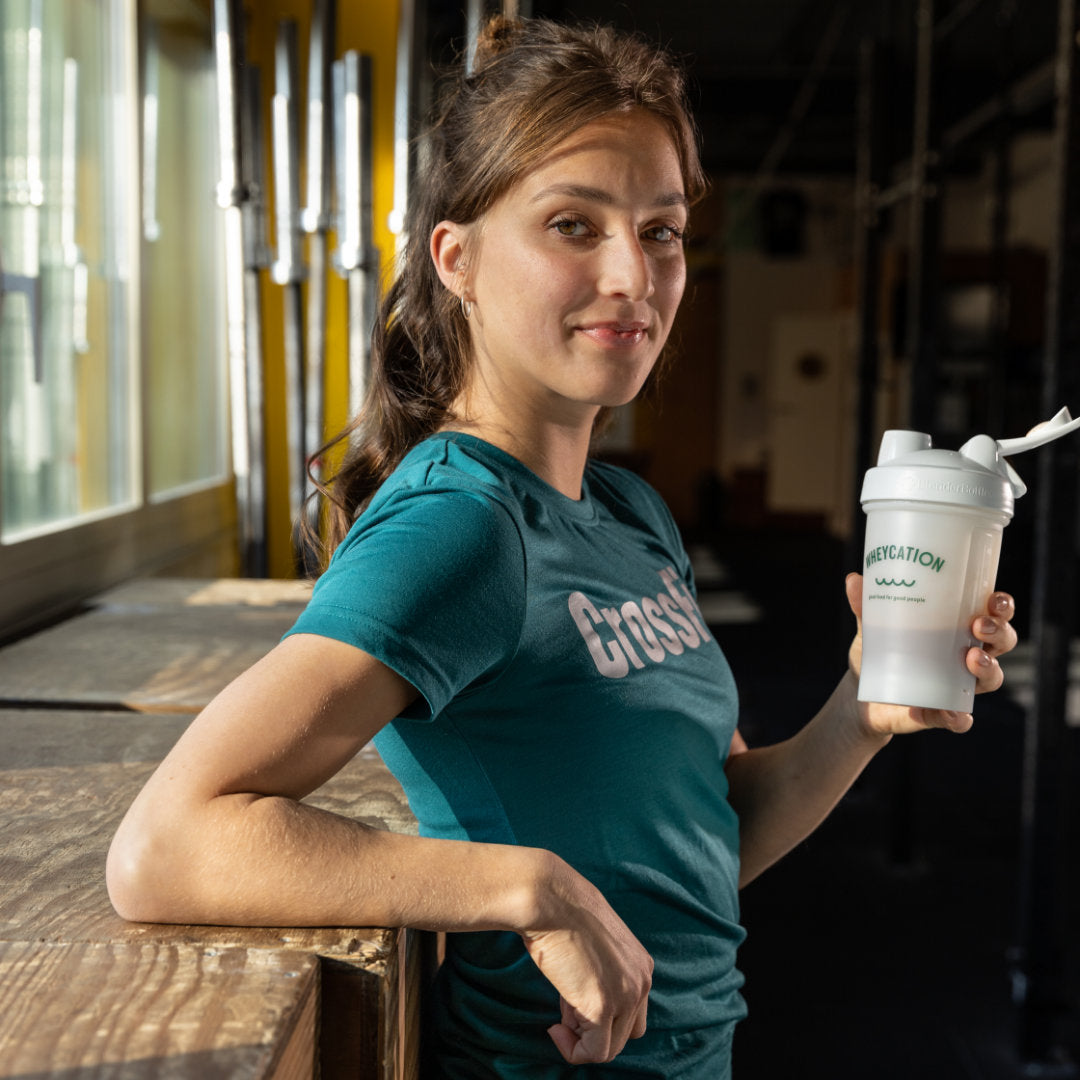
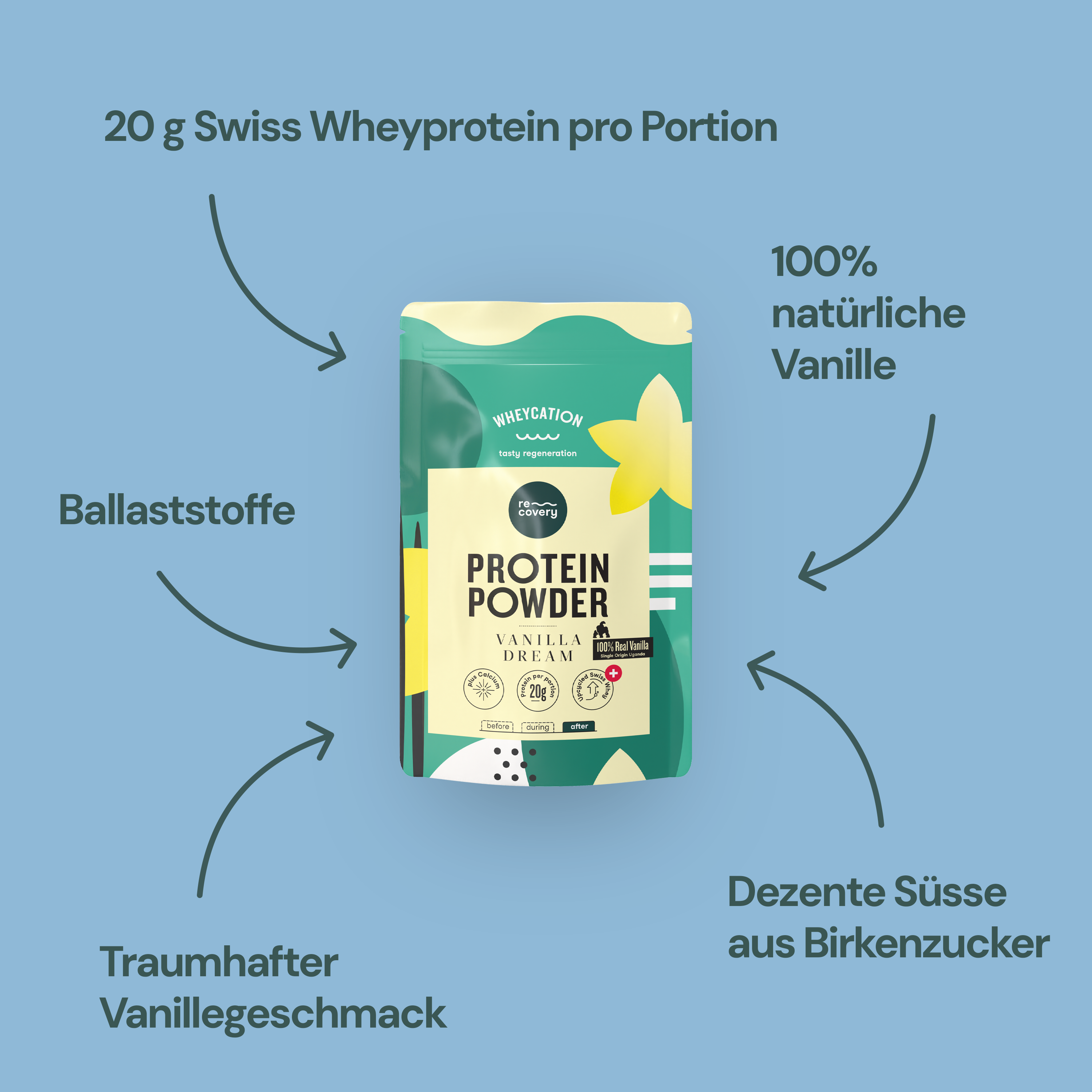
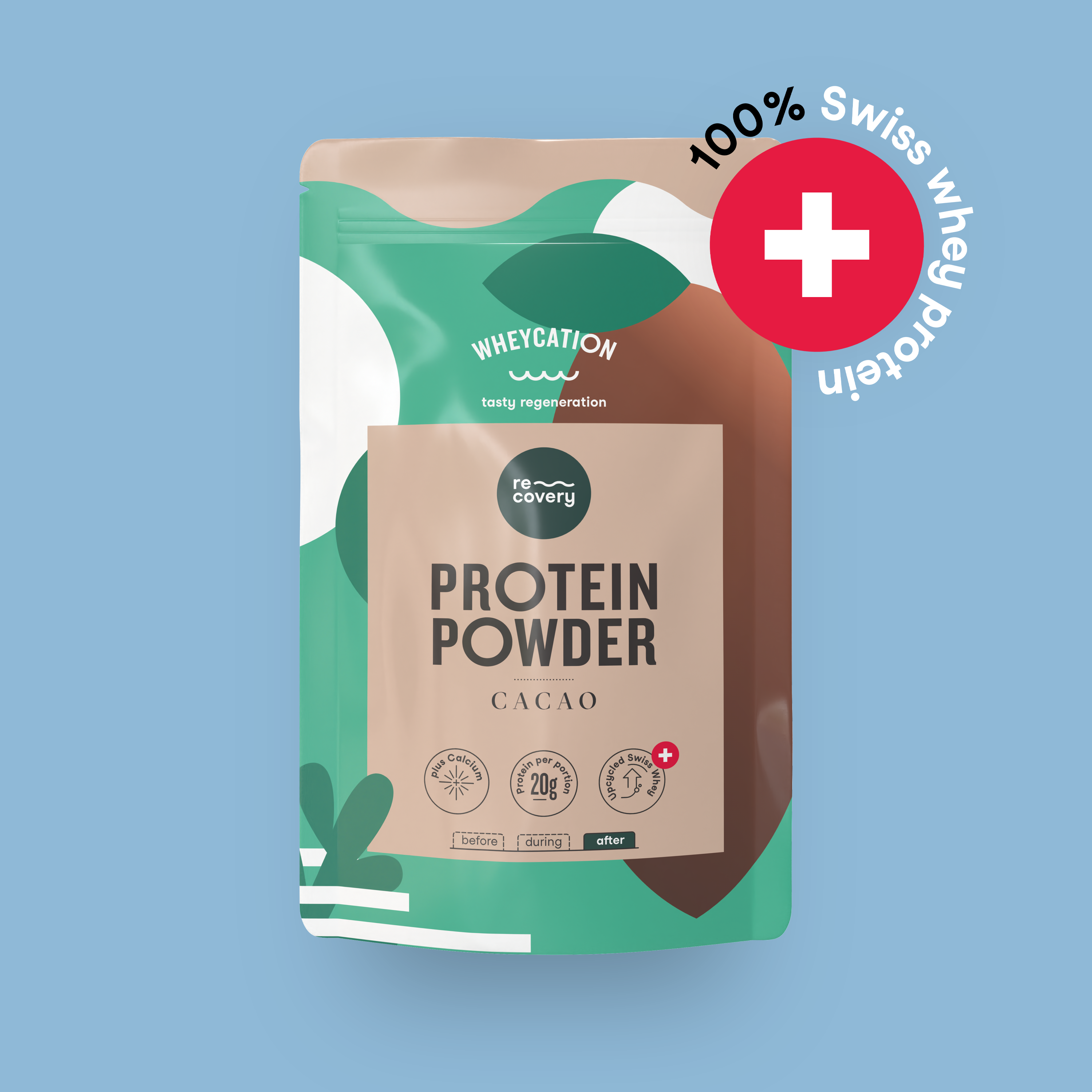

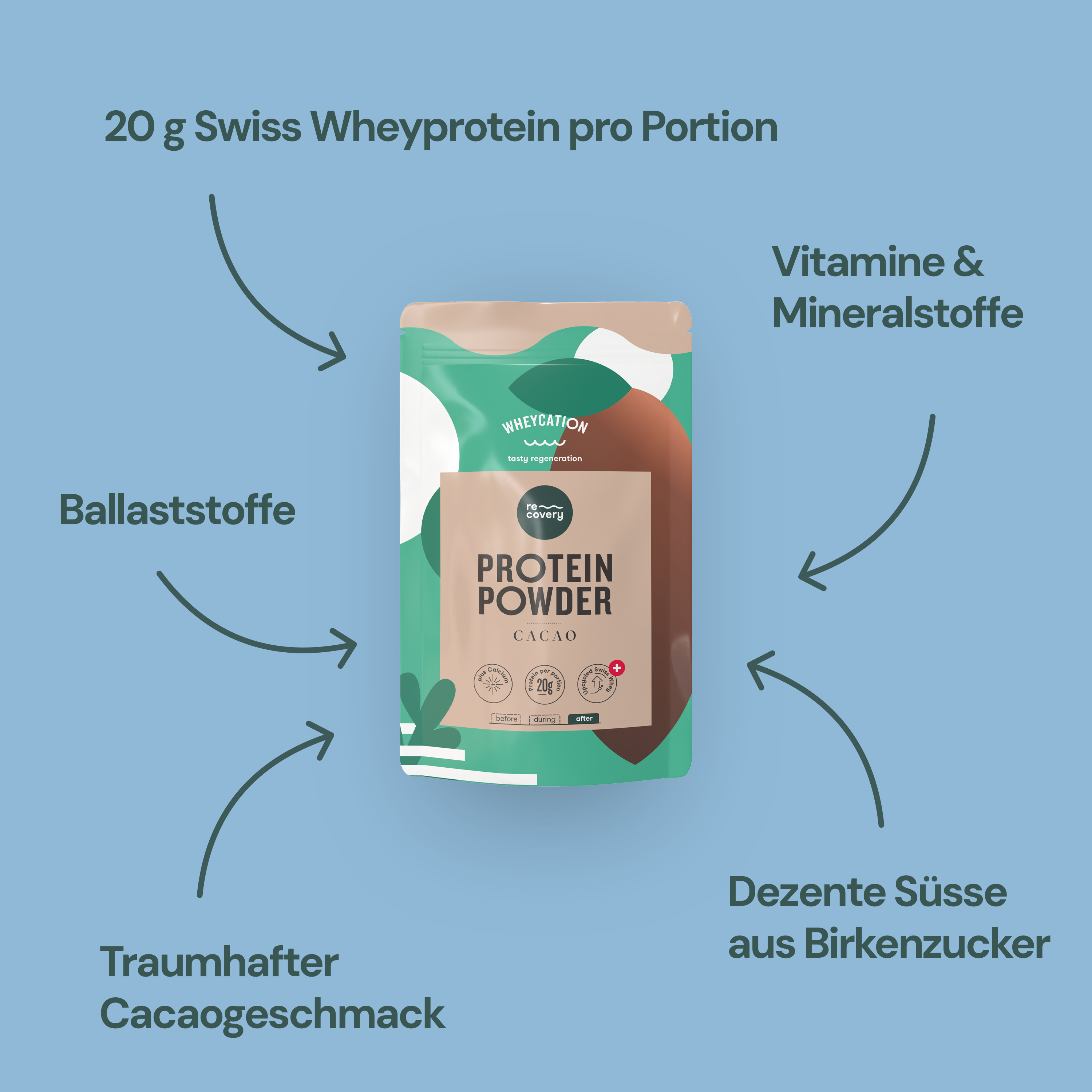
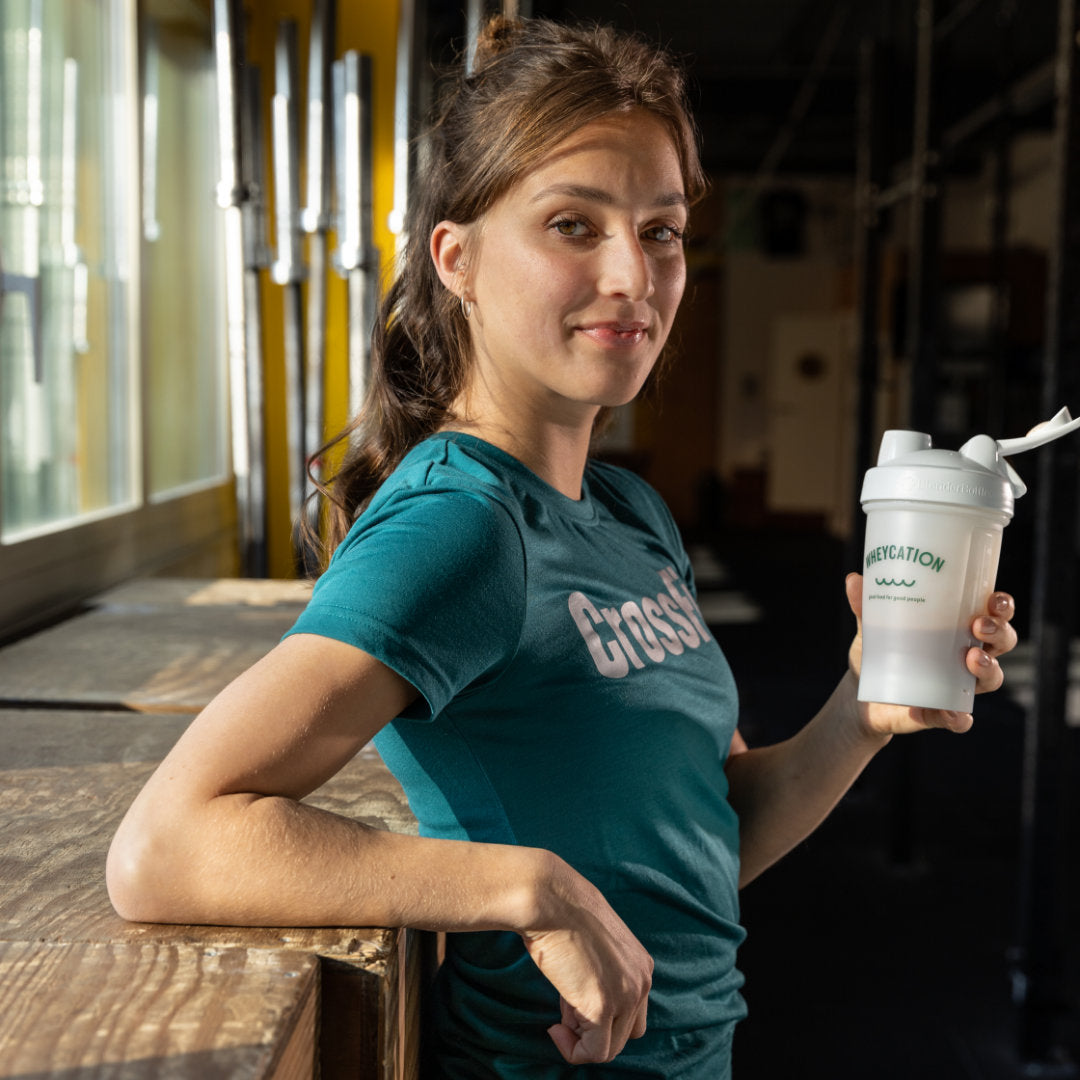
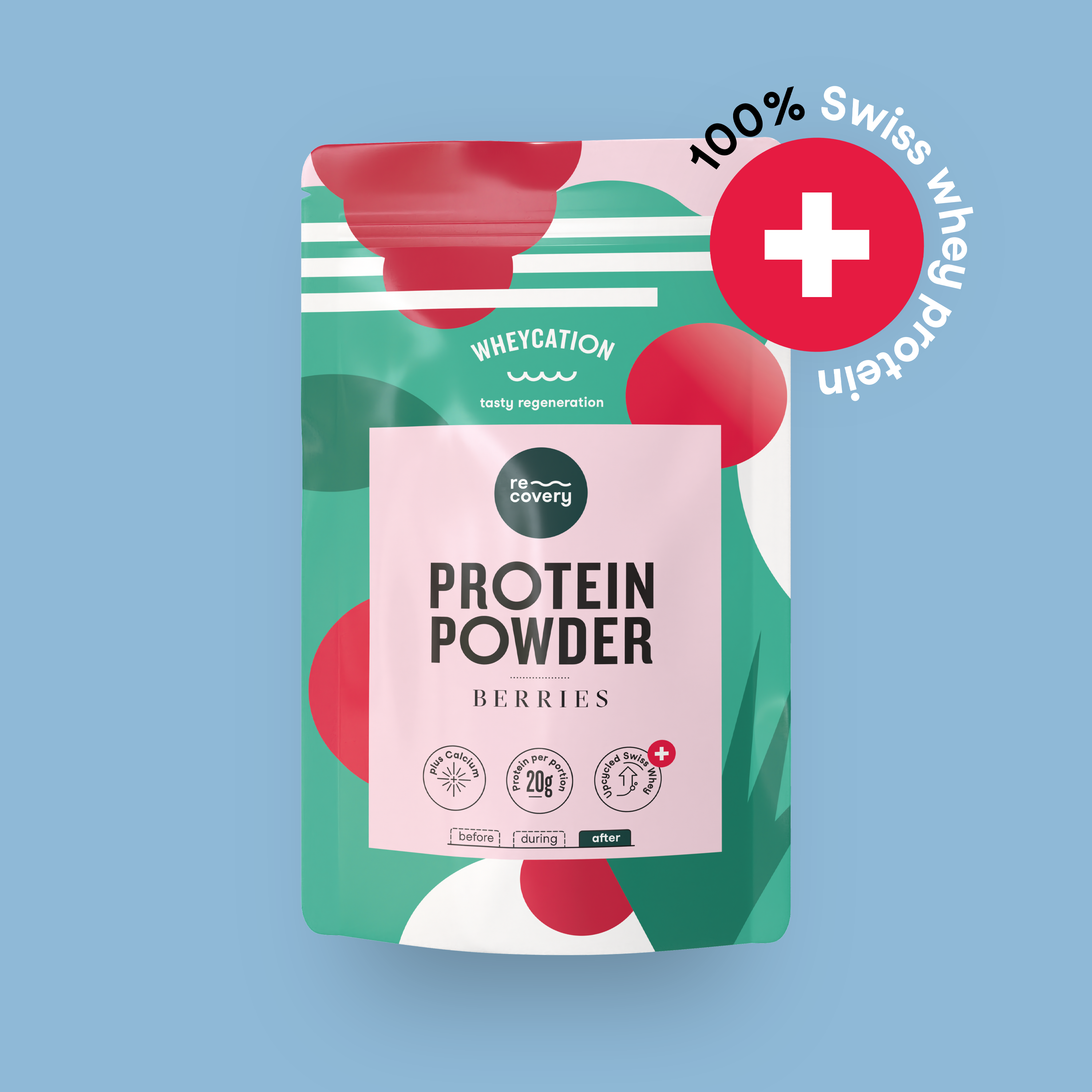
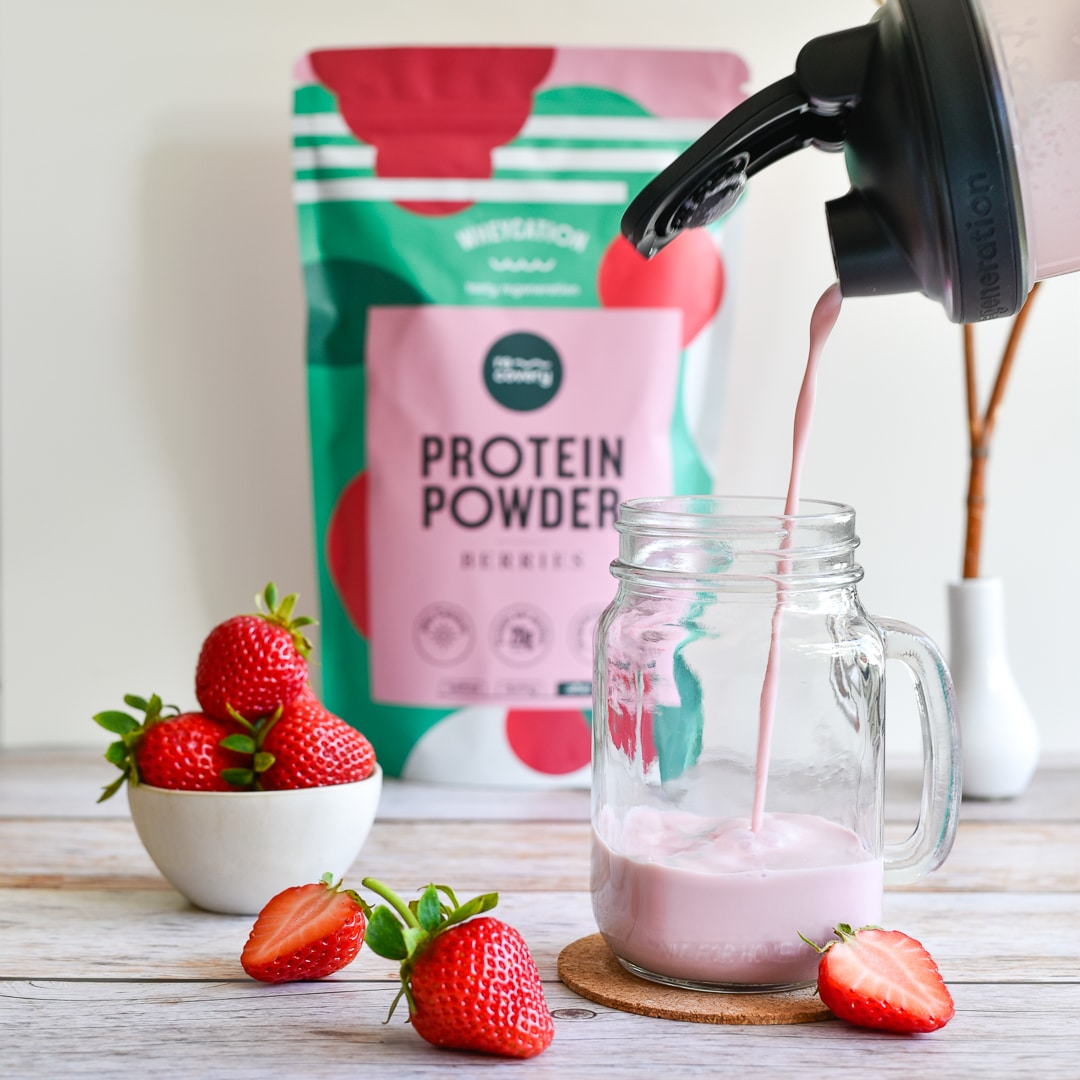

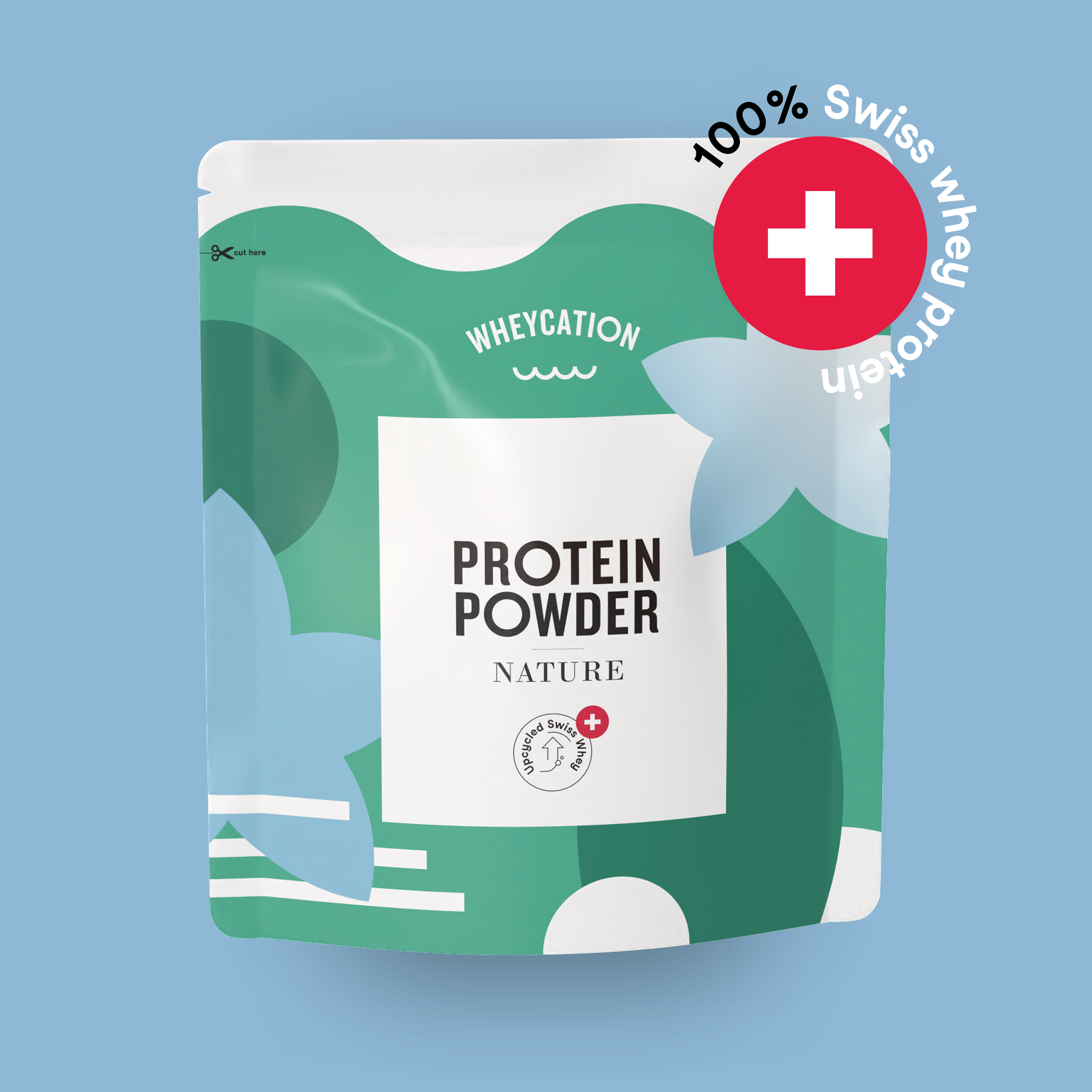
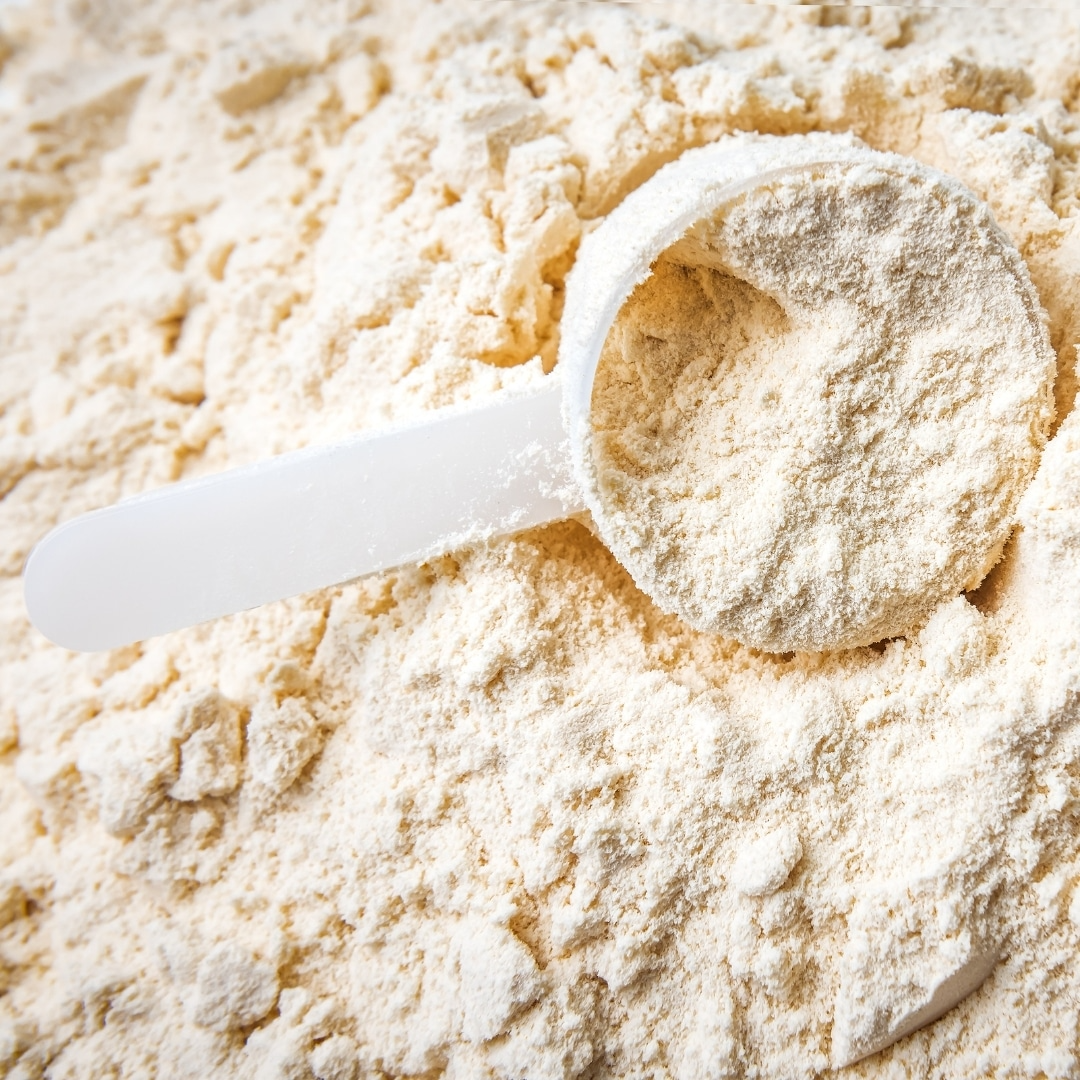
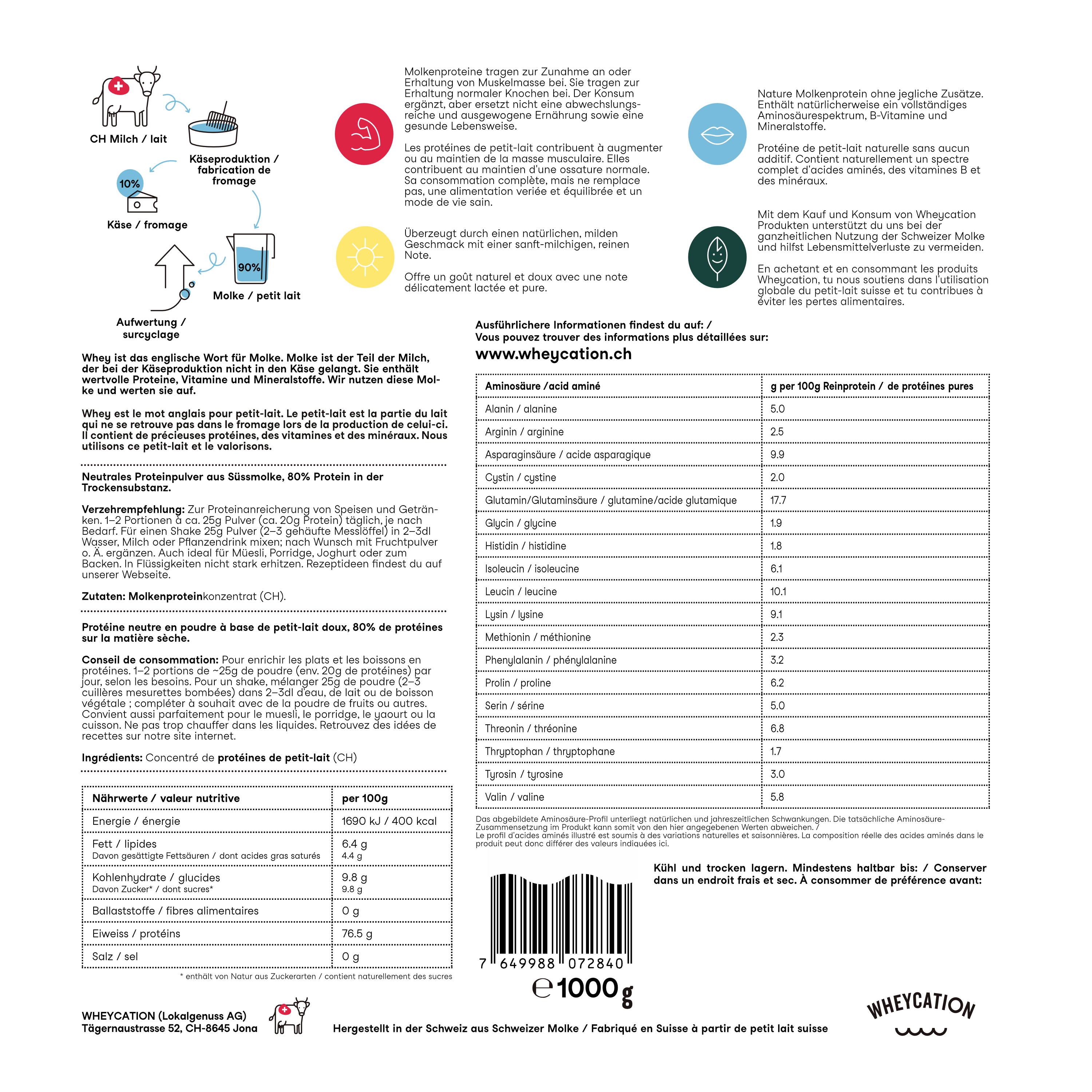
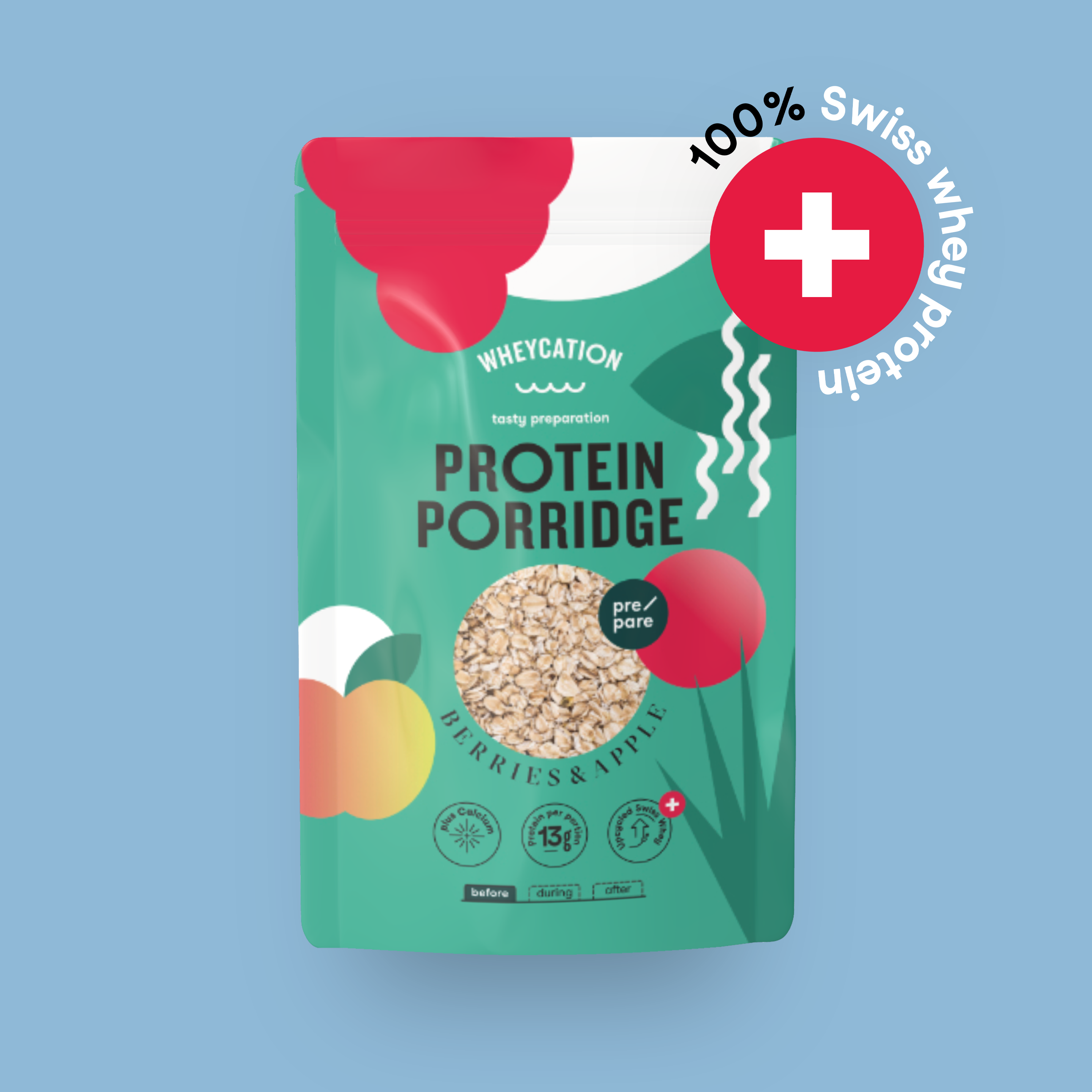


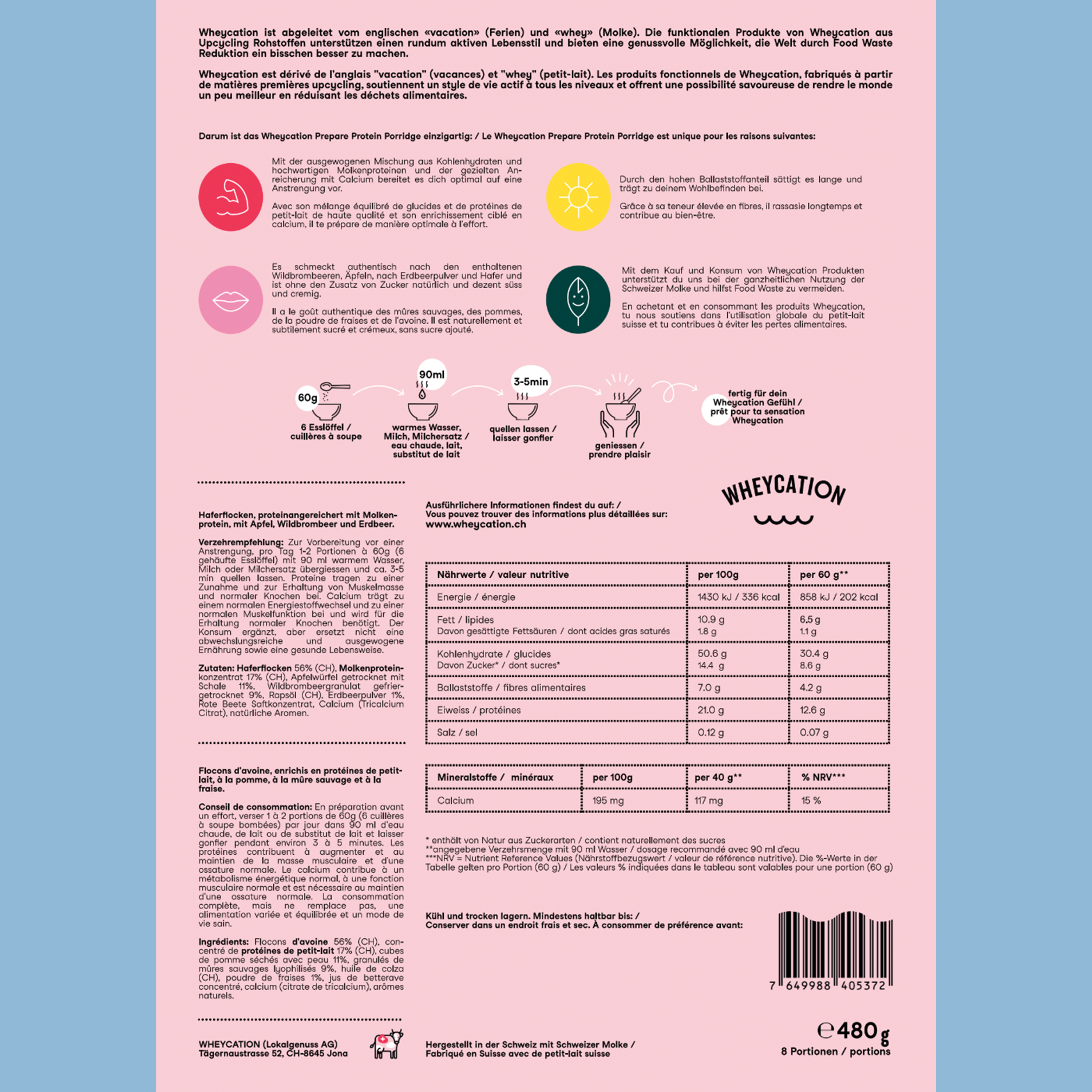
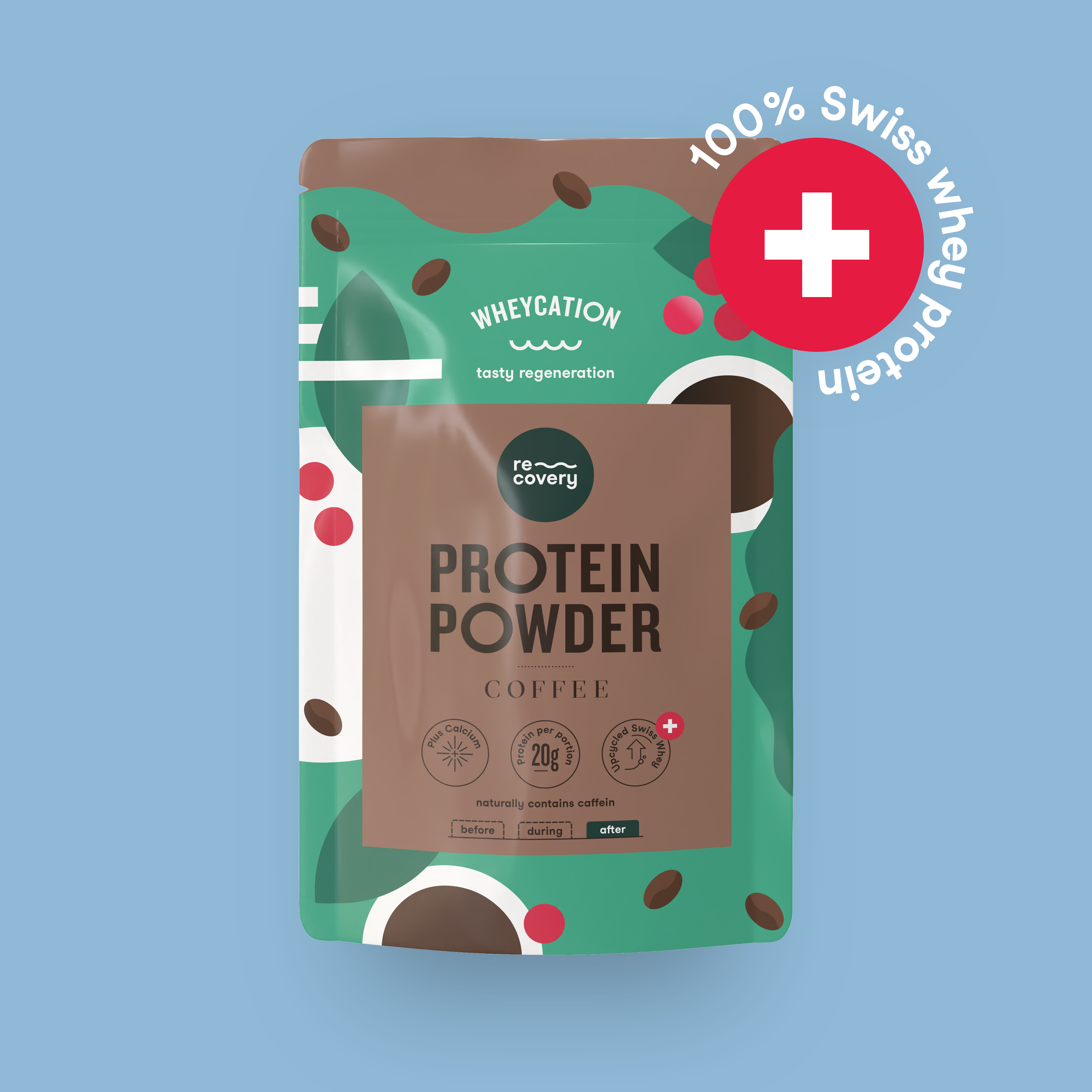
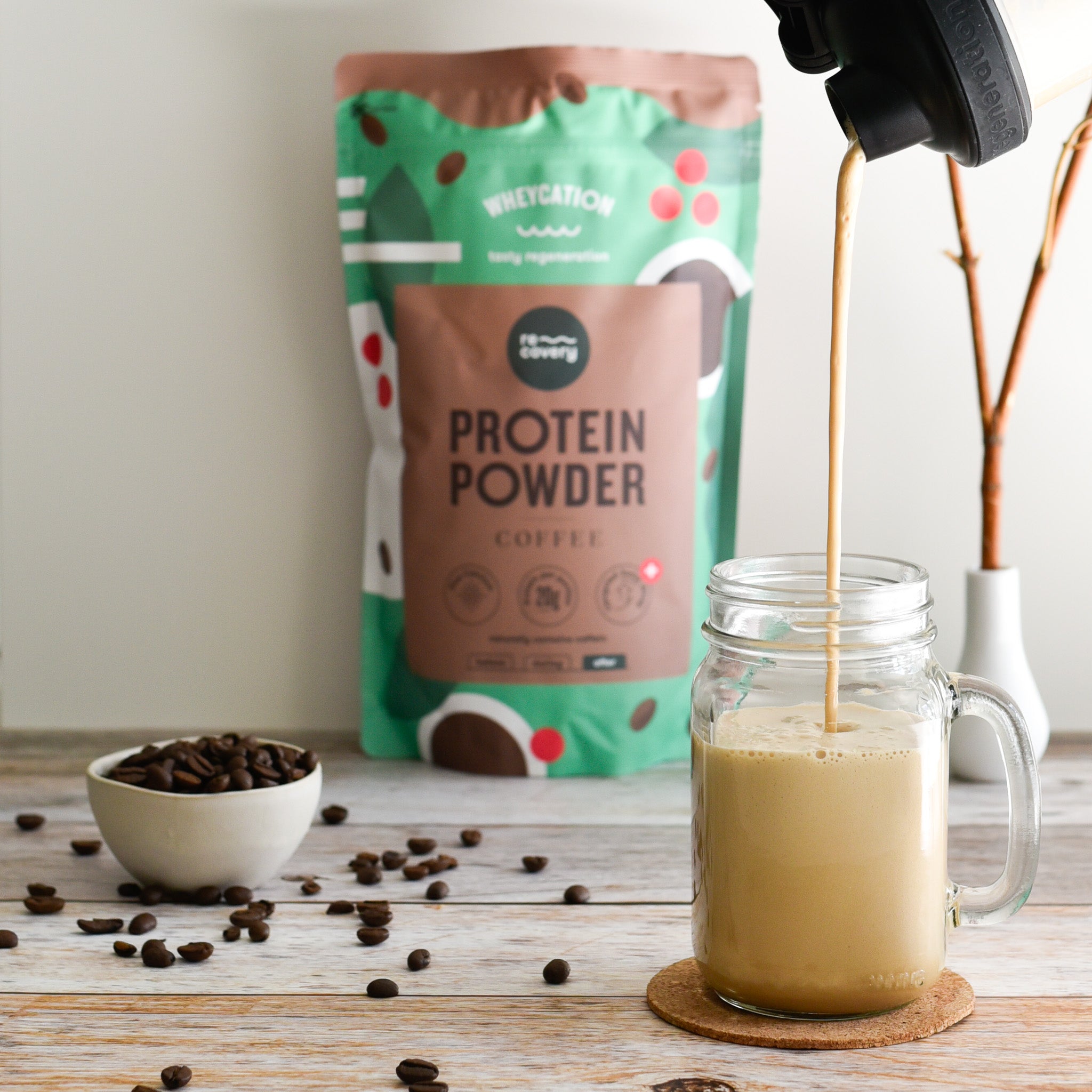




Split: